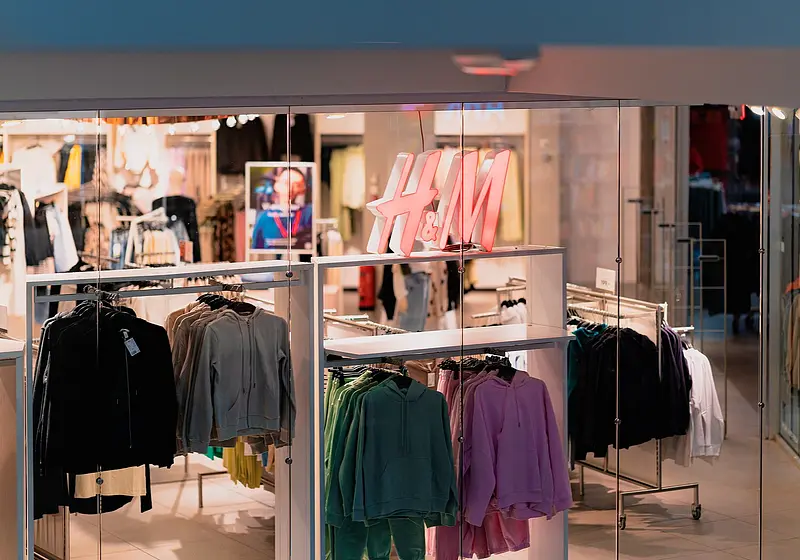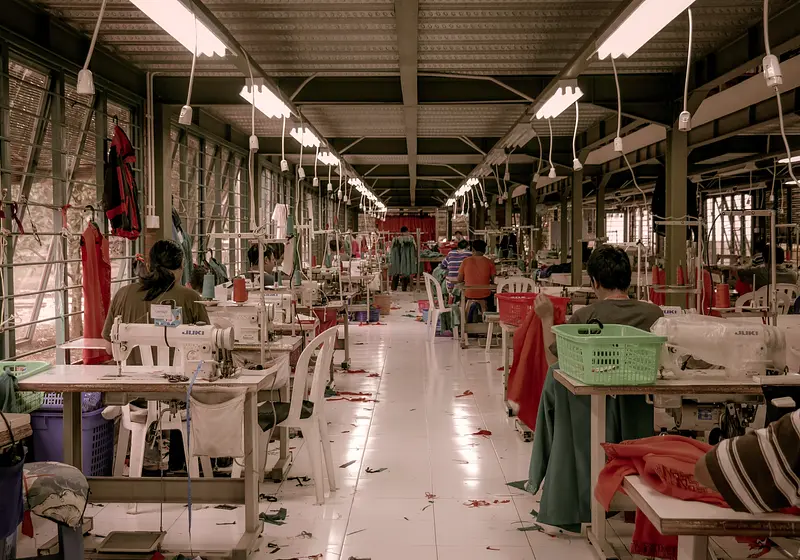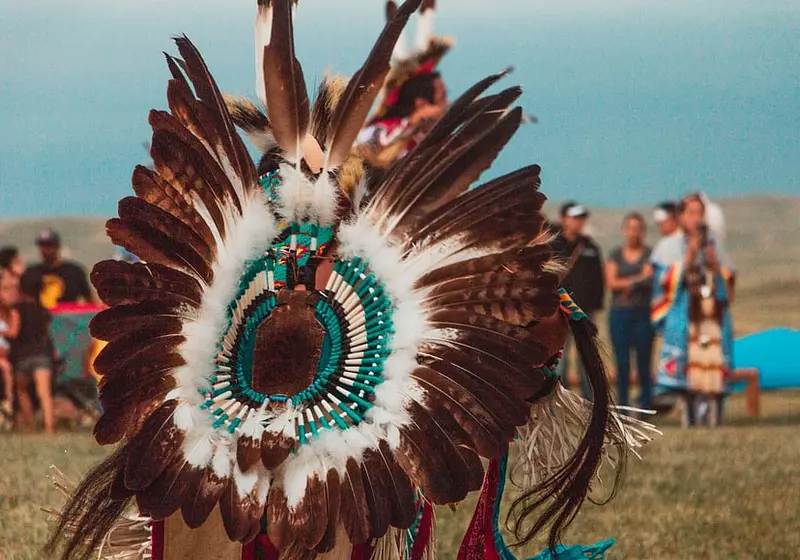In the coming of age of a plethora of new social media innovations such as TikTok, people have been able to use such platforms to exercise their rights to protest and advocacy by calling out individuals/businesses who have contributed to the still existing racism, misogyny, homophobia, transphobia, etc., in our society today through their actions and choices.
This is often denoted as "cancel culture"; a way for individuals to go about protesting - and often boycotting - for individuals/businesses to take accountability and own up for their previous actions which may have been unethical or very insensitive towards groups of individuals. This has often resulted in daunting consequences for individuals and businesses, such as loss in revenue (take a look at Chris Harrison, host of "The Bachelor" for two decades, who left the franchise after a racist altercation between an individual, according to USATODAY).
However, in the case of fashion brands, there are still loyal supporters despite the acknowledgement of the prior "crimes" and stereotypes these fashion brands have been perpetuating - some for decades - (taking aside the lack of diversity when choosing models to showcase their products).
In this article, I will be specifically discussing these big fashion brands and their part in contributing to countless racist stereotypes towards individuals.
Let us slide into your dms 🥰
Get notified of top trending articles like this one every week! (we won't spam you)1. Shein
Known for its cheap pieces and prowess in the fast fashion industry worldwide, Shein is a conglomerate that has still continued to disregard this fact and its diversity to the individuals it attracts by making and selling insensitive products. Most notably was a phone case being sold on the site which featured a black man in cuffs with a white outline drawn on a white hand.
Now @SHEINofficial .........I won’t send you another dollar after this. This really shocked me. Not cool pic.twitter.com/9P6KyzB8AA
— 𝐁𝐈𝐆 𝐌𝐎 … (@JaYunnaMonae) <a href="https://twitter.com/JaYunnaMonae/status/1395843051604652037?refsrc=twsrc%5Etfw">May 21, 2021
The level of insensitiveness for Shein to have advertised this product on their site is very profound, as they're generalizing and stereotyping the black community and experiences in the United States to always being at the hands of the white man. It villainizes the black community as essentially enforcing the stereotype that the black community can be described with nothing but negative connotations, which will always result in the picture on the phone case being advertised.
Furthermore, the icing on the cake comes after the fact that Shein never did receive permission from the original creator of the phone case, to sell the product on their site. It was what led to the backlash which eventually resulted in Shein removing the product and issuing a formal apology. "We've removed the item out of respect for our community and want to clarify we never got the artist's permission to use the art which was not meant for commercial use." stated Shein on Twitter.
We’ve removed the item out of respect for our community and want to clarify we never got the artist’s permission to use the art which was not meant for commercial use.
— SHEIN (@SHEINOfficial) <a href="https://twitter.com/SHEINOfficial/status/1396028957460361219?ref_src=twsrc%5Etfw">May 22, 2021
Take the Quiz: Which Indian city is the perfect holiday spot for you!?
Let's match you with an Indian city that you would love!
2. H&M
Like Shien, H&M would repeat the same insensitive act by putting a young black boy in a sweatshirt that read out the words "coolest monkey in the jungle" in 2018.
This sparked a national outrage and caused numerous boycott attempts at the company's insensitiveness to portray a black individual in a piece that has historically deemed and categorized black individuals as subhuman by referring to them as "monkeys" or just ape-like. From the theories of English Biologist Charles Darwin regarding "survival of the fittest," as well as his concept that concluded that humans were descendants of apes, black people were scapegoated as being less intelligent, taking into considering their skin color as well as seemingly features that they apparently shared with apes, leading to the conclusion that they still lacked on their evolvement.
Therefore, white Europeans were able to conclude that they were more superior as their different and Eurocentric features proved they were further descended from the apes and thus more intelligent and civilized; giving them the narrative that black people were uncivilized and thus needed the white "savior" and civilized methods that would come with colonization and plague the African race for centuries, of which effects are still profound today.
Closing stores and removing the image from its site, H&M issued the statement "We sincerely apologize for offending people with this image of a printed hooded top" as an apology for its racist remark. However, personally, considering the apology didnt't seem genuine nor did it seem to take accountability for the historically racist piece in which it placed a black child, and for that, H&M desperately needs to do better in the future with its clothing choices.
3. Gucci
In 2019, Gucci, one of the biggest luxury conglomerates of the world known for innovative creations, would find itself in hot water after releasing a wool balaclava jumper - as a part of their women's fall/winter 2018 collection - on their website that mimicked blackface, one of the multiple aggravated traditions that white people used to exaggerate black features and reinforce harmful stereotpyes - for entertainment purposes - still prevalent today.
The $890 turtleneck-look-alike, which was all black with a large red outline for lips (a feature commonly attributed and antagonized towards black individuals), therefore, didn't take long for people to tie the piece to the long racist tie of blackface and stereotypical black caricatures within American society. Although a model had previously worn a similar version of the sweater with only its part from the neck up, it was not brought into question until a wave of photos of politicians in blackface surfaced.
Just goes to support how questionable things aren't always addressed immediately until there is a demand for them (cancel culture).
Upon receiving backlash and boycott attempts for the blackface-ridden products on sites, Gucci issued a formal apology apologizing "for the offense caused by the wool balaclava jumper."
Gucci deeply apologizes for the offense caused by the wool balaclava jumper. We consider diversity to be a fundamental value to be fully upheld, respected, and at the forefront of every decision we make. Full statement below. pic.twitter.com/P2iXL9uOhs
— gucci (@gucci) February 7, 2019
Conclusion
If every single brand that has contributed to the still existing profound racism and stereotypes to all people of color was addressed, this article might as well be a 100+ page research paper. From commercial to high fashion, racism still finds its way to seep in through the collection of various brands.
In pieces portraying blackface from the likes of Prada to "the slave sandal" by the Italian fashion house Dolce & Gabbana (a brand that has had a long history of racism and homophobia), insensitive and racist remarks all stemming from white supremacy that's still existent today, are in all corners of the fashion industry that further attribute to the emerging rise of social activism and protests to hold these brands accountable for their actions.
These brands ought to be more inclusive and be more aware of the fashion choices and pieces they choose to advertise to their consumers because they might have no idea whom they are hurting with their potentially insensitive pieces. Therefore, diversity and inclusion in the workplace is vital because attempting to be inclusive by being seclusive about not being diverse in the workplace only propels these brands into further backlash and potential loss of revenue from the media.
Some of the current brands that are good examples of inclusion without a past of racist history include 18 East, Versace, which has one of the most diverse runway casts today, Ralph Lauren, Adidas, and so much more.
Considering the majority of the brands covered in this article have announced long-term strategies to help promote diversity as a result of the insensitive remarks that they have made, we ought to hold more individuals and brands accountable for the insensitive and often degrading comments they have made in the past which might promote some sort of stereotype towards groups of individuals, opening room for more prejudice against them in the world, as well as support BIPOC (Black, Indigenous, and people of color) owned brands because the fashion industry, being predominantly white, refuses to acknowledge and open up spaces for these brands to thrive in.
We're in a new age of social media where we have untapped potential to make an impact on the world, so it's time we speak our minds and protest about an injustice we see happening around us towards individuals.

















